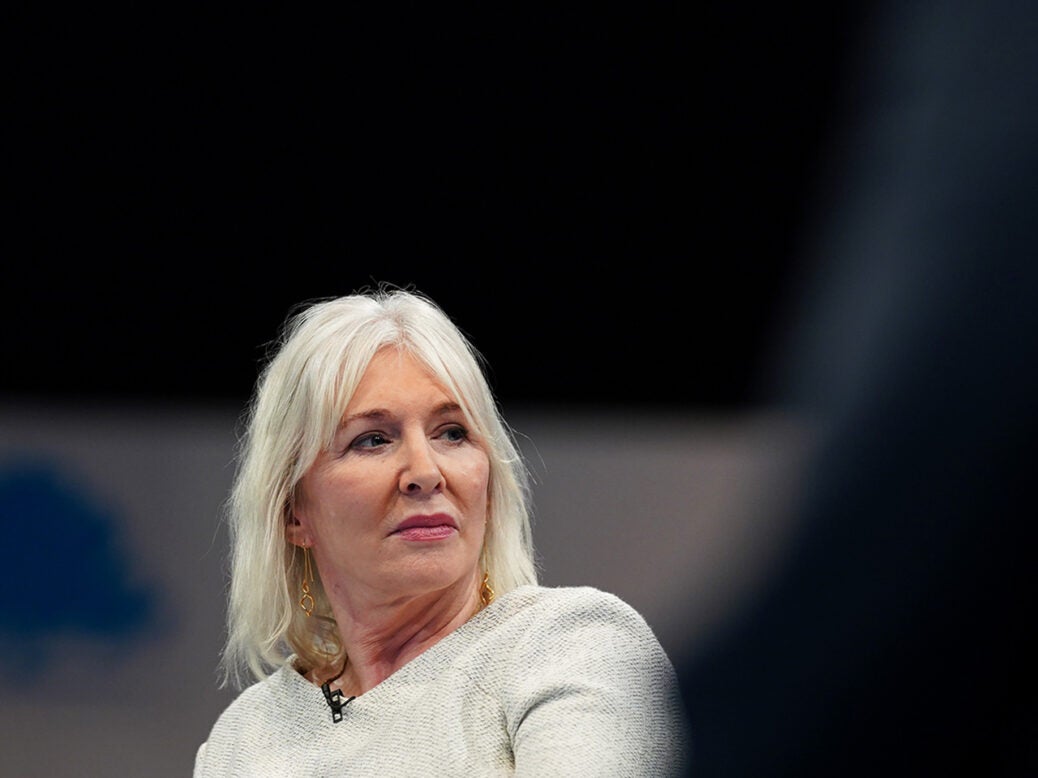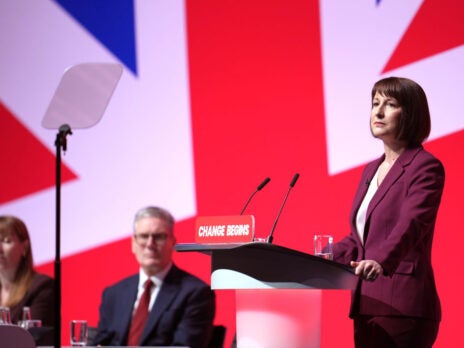
Last weekend saw the publication of a bombshell poll. It showed that Labour leads in Mid Bedfordshire, the rural constituency still represented by Nadine Dorries (who is refusing to resign until someone explains why she was not awarded a peerage).
That we have a credible poll showing Labour ahead in a seat like Mid Bedfordshire runs contrary to a number of assumptions that I and others have made about Labour and the Liberal Democrats’ standing in rural areas.
The poll was conducted by Opinium – a respected polling firm with a strong track record – and the numbers were as follows: Labour on 28 per cent (up six points since 2019), with the Conservatives on 24 points (down a remarkable 36 points since the last general election). Were this to be replicated on polling day it would be the largest collapse in support for the Tories in by-election history. Labour would have overturned a majority (24,664) bigger than any other in postwar history.
The Lib Dems, who to my mind have greater potential support in this seat than Labour, stand at 15 per cent, just two points higher than in 2019. The independent candidate Gareth Mackey, and local councillor, is on 19 per cent, while Reform (which has tended to underperform its polling at by-elections) is on 10 per cent. This remarkably fragmented contest is what allows Labour to lead with just 28 per cent of the vote – a share lower than any other in by-election history.
But I would add a few caveats. The first is over the change in support, the second is one hidden in the data tables.
While the swings towards Labour and the Lib Dems are unremarkable, Mackey’s 19 per cent share is. In the May local elections, 12,000 votes were cast for Conservative council candidates and 11,000 for independents. But traditionally in seats such as this, support for independents isn’t carried into parliamentary contests. This means the poll is either wrong, or raises serious questions for the Lib Dems.
In council elections held before the 2022 Tiverton and Honiton by-election, independent candidates were winning as often as Tory candidates. But two years later, the Lib Dems were carried to victory by independent-leaning voters, allowing them to overturn a Conservative majority of 24,239 (in the seat formerly held by Neil Parish, of “tractor porn” fame).
This doesn’t appear to be happening in Mid Bedfordshire despite similar electoral geography. There are two reasons the Lib Dems are behind. First, too many of their would-be voters (Conservatives nationally, independents locally) are backing Mackey. Second, Labour isn’t flatlining. But why, unlike in Tiverton, are some voters going independent?
[See also: Is Labour’s Uxbridge by-election campaign in trouble?]
From talking to those on the ground, every candidate is committing resources at the campaign and Labour isn’t rolling over for the Lib Dems (unlike in North Shropshire in 2021). In this era of 20-point national poll leads, who can blame it?
The Lib Dems have a history of absorbing the anti-Tory vote in contests such as this, and have done so where Labour has performed poorly. But the Mid Bedfordshire poll shows the opposite of this. The Labour vote is holding up because, in quaint and quiet, homeowning England, the party is trying for once.
Do I trust the numbers? Opinium is decent at what it does. But as shown in the chart above, there’s a lot of undecided voters. At present, it feels as if Labour is leading by default. Its support is not deflating because, unlike in other races, it’s throwing resources at the seat and is reaping the rewards. Its vote share is not rising significantly because the Tory vote has fractured in multiple directions.
Nonetheless, we should put a hefty margin of error on these figures. And, of course, Dorries’s prevarications over peerages mean we won’t get an actual contest until after the summer.
[See also: “We’re all Blairites now” in the Labour Party]


